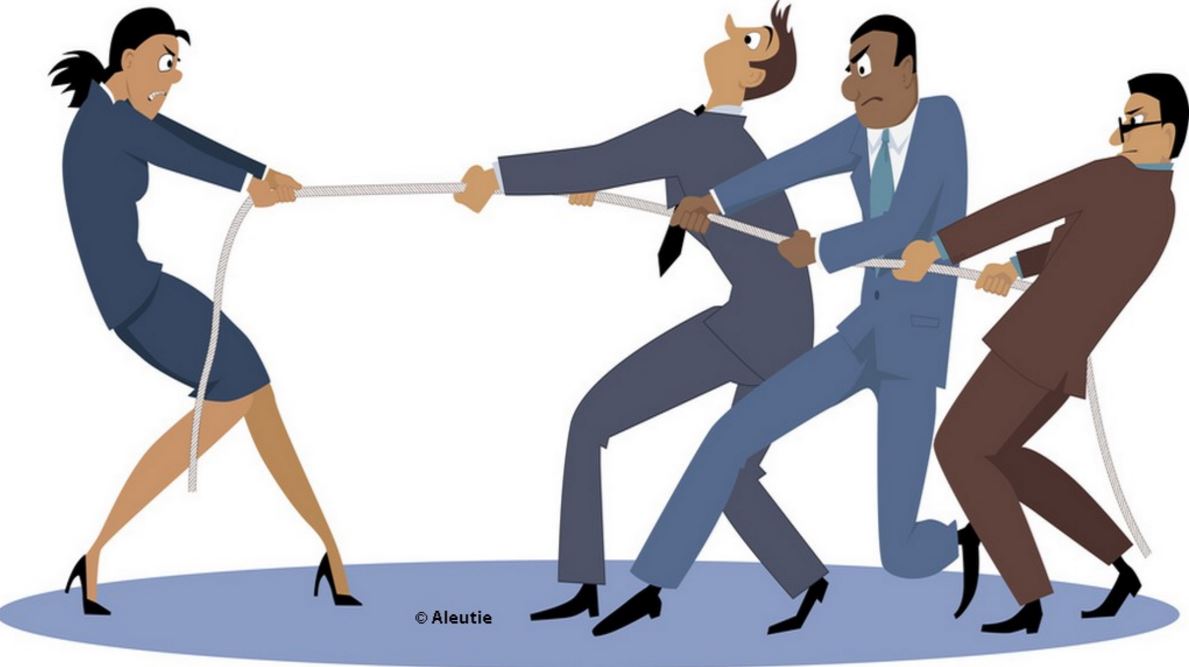Dear Economics,
I never believed in love at first sight, until I met you in 9th grade. But like the other love of my life, you too were problematic (hello Bollywood). I vividly remember the first time I was introduced to the ‘rational economic man’—an underlying assumption in most economic models. He was said to be unemotional and unattached; his social interactions were limited solely to the ones that satisfy his own interests. However, I always felt the economic man to be a somewhat lazy assumption—painting the entire human race in the same barely-human colour does save a lot of effort.
Your father, Adam Smith, once said “It is not from the benevolence of the butcher, the brewer, or the baker that we expect our dinner, but from their regard to their own interest”. On the contrary, while resources such as bread and meat were bought from the market—a site where everyone aims to maximise their satisfaction, the dinner on his plate was actually served by his mother, Margaret Douglas, who did so only because she cared for her son. For someone who has depended on women almost his entire life (his mother, Margaret and later his cousin Janet), Smith assumes and moves past a fully-functional domestic economy that is being run mostly by women. It is this domestic economy that makes sure the market economy can run smoothly.
I felt guilty and uncomfortable every time the numerous board exam practice papers I solved in 12th grade made me classify unpaid domestic labour as ‘not included in GDP calculations’. It was unsettling to see the work my mother and the many women in our lives perform out of care and love for their families being eliminated from the country’s income. Upon asking my teachers as to why care work is considered a ‘non-market activity’ I was given replies ranging from “It is difficult to collect accurate information through time-use surveys”, “Separation of domestic work into different categories is an issue due to the varying degrees to which these women multitask,” and many such.
It was unsettling to see the work my mother and the many women in our lives perform out of care and love for their families being eliminated from the country’s income.
It is hard for me to believe that the care economy—the backbone of the market economy—should remain excluded from our national income estimations for such reasons. We are in 2019. A man walked on the moon fifty years ago. Generations of the entire human race have worked relentlessly and brought us to a moment where we have less than twelve years to limit the climate crisis. If humans are single-handedly capable of such achievements and catastrophes, what is mere calculation complexity when it comes to domestic labour?
Estimates have put the annual unpaid labour performed by women at 63% of the GDP in India, according to a study by Ferrant, Pesando and Nowacka. 63% of the GDP of one of the world’s fastest-growing economies is no small figure, yet its exclusion sparks little mainstream debate. A non-negotiable commitment to unpaid work reduces chances of women foraying into the paid work sector—and even when they do, they get doubly burdened with their work commitments both within and outside of the household.
The economic man represents everything that stereotypical masculinity defines—objectivity, low levels of attachment, little or no emotions, and many more. In assuming such a figure as the representative of all humans, you hardly end up portraying actual human behaviour. With being overly-fixated with objectivity, you barely manage to get a grasp of one’s gender, caste, race, class, religion and many such’s effects on their choices (something that was later worked on by George Akerlof and Rachel Kranton in Identity Economics). Subjectivity, benevolence, altruism and emotions are stereotypically seen as feminine characteristics. Hence any work performed these in mind instead of monetary benefits is seen as a non-market activity, one that is not worth being comprised when calculating an economy’s income.
Also read: Feminist Economics: How To Battle The Apathy Of Textbook Economics
You are defined as the study of how societies allocate and manage their scarce resources, your methodology remains restricted to mathematical inquiry and objectivity. However, this obsession with objectivity limits economic analysis and presents you as separate and systematically ‘superior’ to other ‘softer’ fields such as political science and sociology. Diverse data collection and broader economic models would not only ensure a more accurate representations of the human race, but would also require a more holistic and multi-disciplinary approach to economics rather than a solely mathematical one.
I have studied you for the four semesters I have spent so far in college, and not once was I taught any economic theory—or rather anything beyond the mathematics of it. I pursued economics for my higher education because I was intrigued by human behaviour and how it differs for each person—but barely any of my expectations are being met by the one-dimensional inquiry done by most economics schools worldwide. I have seen the need for a 360-degree study of economics in my case, when it was a sociology course on feminism that got me absorbed into feminist economics.
Man walked on the moon fifty years ago. If humans are single-handedly capable of such achievements, what is mere ‘calculation complexity’ ?
Some of the historical economic assumptions about women strengthened the already established masculine norms. Some of these assumptions are the following.
- All women are economically dependent on a male relative.
- All women are (and should be) housewives due to their reproductive capacities.
- Women are unproductive in the industrial workforce.
- Women are irrational, unfit economic agents, and cannot be trusted to make the right economic decisions.
These assumptions leave me appalled—not because of their sheer ridiculousness, but by the fact that not much has changed. Instead of smashing these assumptions, all that you have managed to do is make us and our work invisible.
Unpaid labour is not the only issue that the feminist movement aims to resolve. Gender budgeting, gender pay gap, well-being instead of utilitarianism and many more are other problems that need to be solved—but as of now, I leave those to another time.
Also read: The Difficult Art Of Being A Feminist In An Economics Classroom
We are two decades into the 21st century. The future is not just female, it is intersectional. And it is high time that you too evolve and join the feminist movement, because otherwise, you make it extremely difficult for me to continue loving you. Or in the words of some Spice Girls merchandise I found online: “If you wanna be my lover, you gotta get with my feminist beliefs”.
Yours dishearteningly,
Kavya
References
Featured Image Source: Women Of Egypt Mag
About the author(s)
Kavya is a student from Gurgaon, trying to study Economics and Sociology, but ends up spending all her time re-watching The Office. She is tiny and rolls her big eyes on those who say "i SuPpOrT wOmEn'S rIgHtS bUt NoT fEmInIsM".





Hey, I really liked the article! Love the format and it flows nicely. Economic concepts laid down very well so even a layman would understand.
I loved the point about “calculations are difficult” being an excuse when mankind is capable of so much more